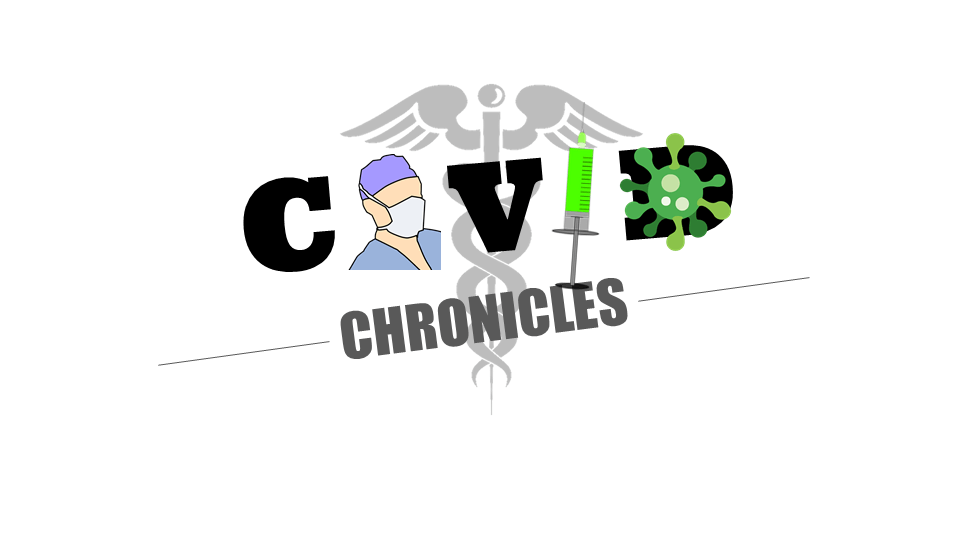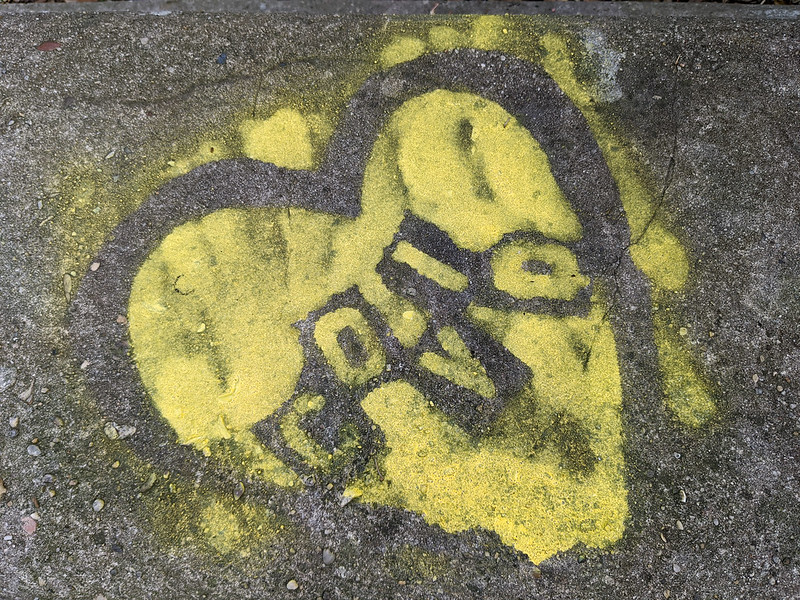 Yash Shah (5 Posts)
Yash Shah (5 Posts)Columnist and Medical Student Editor
Sidney Kimmel Medical College at Thomas Jefferson University
Yash attends Sidney Kimmel Medical College at Thomas Jefferson University in Philadelphia, PA. He pursued a Bachelor of Science in premedicine at Penn State University. Prior to attending medical school, Yash worked on clinical and translational oncology research at the Children's Hospital of Philadelphia. He has long-standing interests in contributing to medical education, advancing health policy, and working with cancer patients. He enjoys playing tennis, rooting for the Eagles, reading, and traveling in his free time.
COVID Chronicles
The COVID-19 pandemic posed a tremendous challenge to our community – certainly from a health perspective, but also in nearly every other aspect of daily lives. Our daily routines were upended – from the way we work, play, learn, socialize and travel. Numerous times, the unimaginable happened, and it is safe to say we will never see the world in the same way again. As future physicians, it is important that we recognize the challenges faced by the health care space during the pandemic, and perhaps more importantly, the everlasting transformations that our future medical students, physicians and patients will encounter. This column explores the countless obstacles we overcame and their everlasting effects, along with emerging trends that we will see in health care for the years to come.
There has recently been an increasing appreciation for social determinants of health. The term encompasses the circumstances in which people live, including factors such as income, race, food, housing, transportation and environmental conditions.
The COVID-19 pandemic’s devastating effects upon our nursing homes has highlighted the vulnerabilities of this sector of our health system. With increased attention to the issues in such a growing and vital part of our society, we have a once-in-a-lifetime opportunity for change.
The COVID-19 pandemic and its associated lockdown precipitated wide-ranging effects on nearly all aspects of our society. Perhaps some of the most severely affected patients were those fighting cancer. These patients have little physiologic resistance to COVID-19 and accordingly experience higher morbidity and mortality when infected.
Students across the country in all grade levels, from preschool to graduate school, had their educational routines upended by the COVID-19 pandemic and its associated lockdown. In medicine, there were special challenges associated with adapting safety protocols to a field that inherently requires human interaction.
As COVID-19 continues to rage around the world, extended quarantine measures have been responsible for saving innumerable lives. Now, as we slowly catch glimpses of light at the end of the tunnel, or face the possibility of rising cases returning us to the heights of the pandemic, it is important to examine the long-term side effects of our self-prescribed quarantine treatment.
 Yash Shah (5 Posts)
Yash Shah (5 Posts)Columnist and Medical Student Editor
Sidney Kimmel Medical College at Thomas Jefferson University
Yash attends Sidney Kimmel Medical College at Thomas Jefferson University in Philadelphia, PA. He pursued a Bachelor of Science in premedicine at Penn State University. Prior to attending medical school, Yash worked on clinical and translational oncology research at the Children's Hospital of Philadelphia. He has long-standing interests in contributing to medical education, advancing health policy, and working with cancer patients. He enjoys playing tennis, rooting for the Eagles, reading, and traveling in his free time.
COVID Chronicles
The COVID-19 pandemic posed a tremendous challenge to our community – certainly from a health perspective, but also in nearly every other aspect of daily lives. Our daily routines were upended – from the way we work, play, learn, socialize and travel. Numerous times, the unimaginable happened, and it is safe to say we will never see the world in the same way again. As future physicians, it is important that we recognize the challenges faced by the health care space during the pandemic, and perhaps more importantly, the everlasting transformations that our future medical students, physicians and patients will encounter. This column explores the countless obstacles we overcame and their everlasting effects, along with emerging trends that we will see in health care for the years to come.




